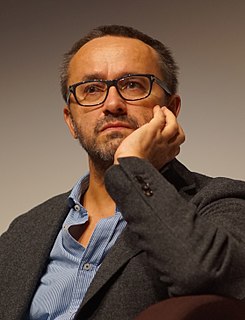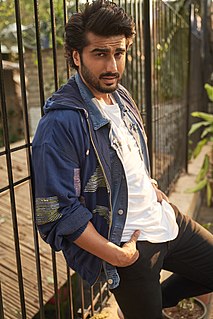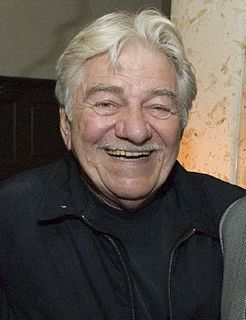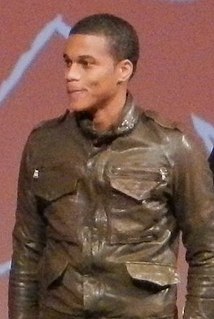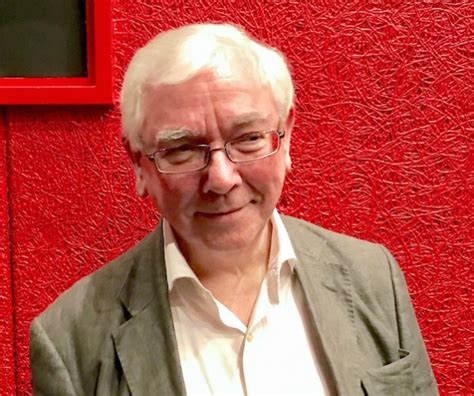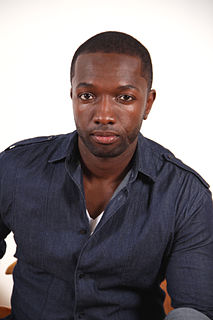A Quote by Andrey Zvyagintsev
When I was shooting the film I did not see the story as an everyday tale or a social one. To a great extent, the film is a mythological look on human life. This is probably what I would like the audience to keep in mind before they enter the screening room.
Related Quotes
If you make a film, that magic is not there, because you were there while shooting it. After writing a film and shooting it and being in the editing room every day, you can never see it clearly. I think other people's perception of your film is more valid than your own, because they have that ability to see it for the first time.
I never think anyone will like what I do. I'm always terrified the critics won't like my film and of course you always count the people who leave at the screening. They are on your death list. The people who stayed, stayed because they wanted to. You see it in a different way with an audience. And when the screening Is over it's such a relief. It's such a struggle.
When you are shooting over a period of six months, you tend to forget how dark or bright it was. And when you are using different technologies, having a look book helps during the final grading of the film. So you can design what the film is going to look like even before the colouring process begins.
When the film [Certified Copy] was in the Cannes Festival, I realized that the fact of having it shot in a different culture, in a different language, in a different setting, that wasn't mine and that I didn't belong to, gave me a totally different relationship to the film. When I was sitting in the audience during the official screening in Cannes, I didn't feel that it was my film.
The whole switch from film to digital has changed some of the ways I use color and the juxtaposition of light and dark. It's getting better with digital, the separation's gotten better, but I still feel like it's really flatter than film, so I do a lot of screening and subtle textural printing and painting on clothes for film to get it not to look flat.
